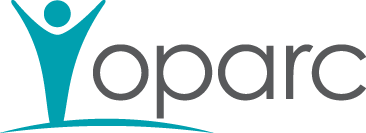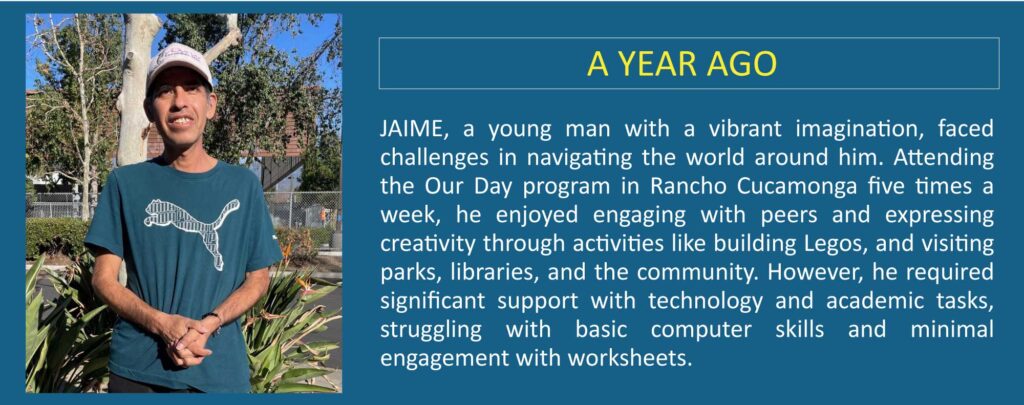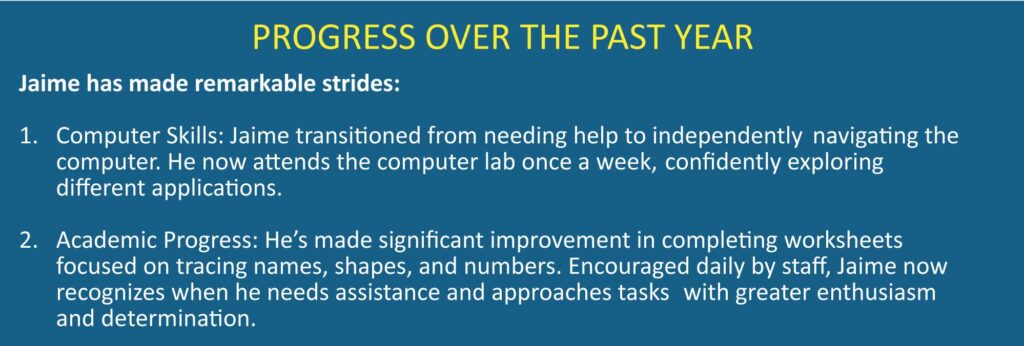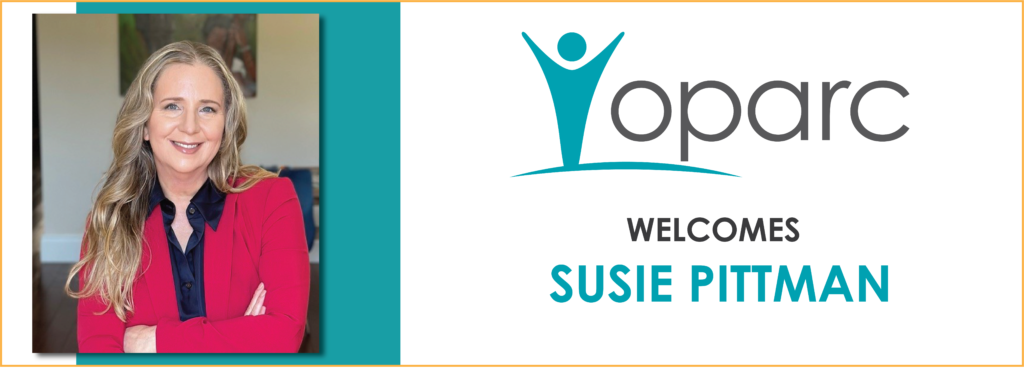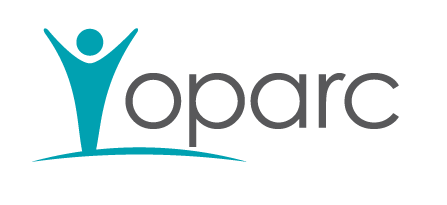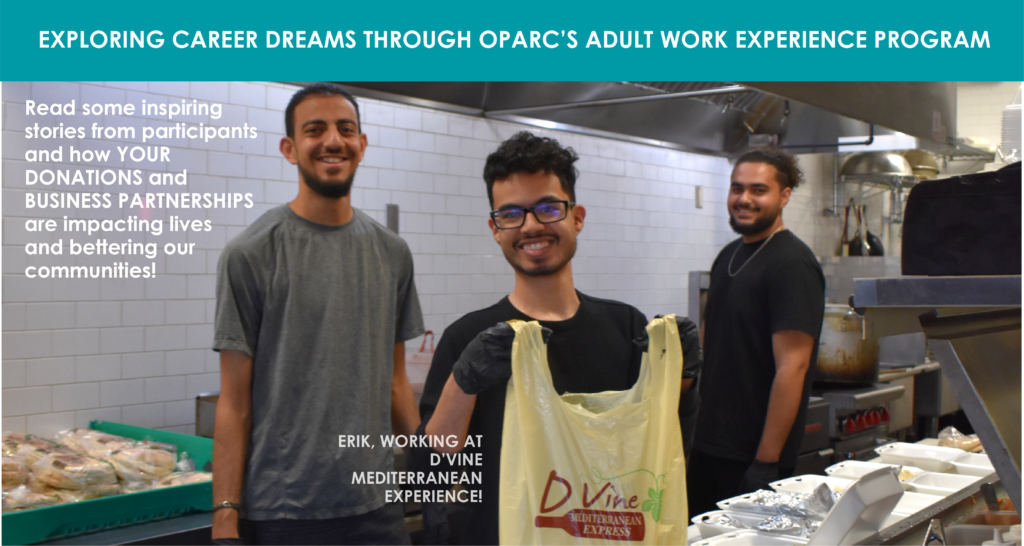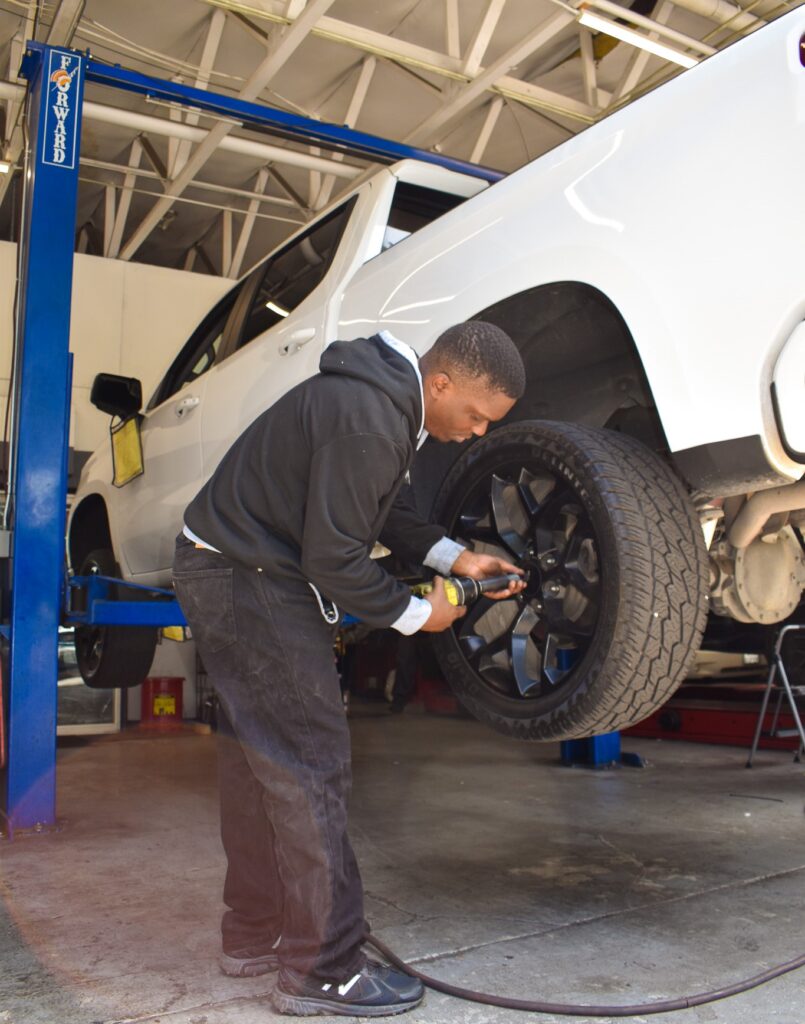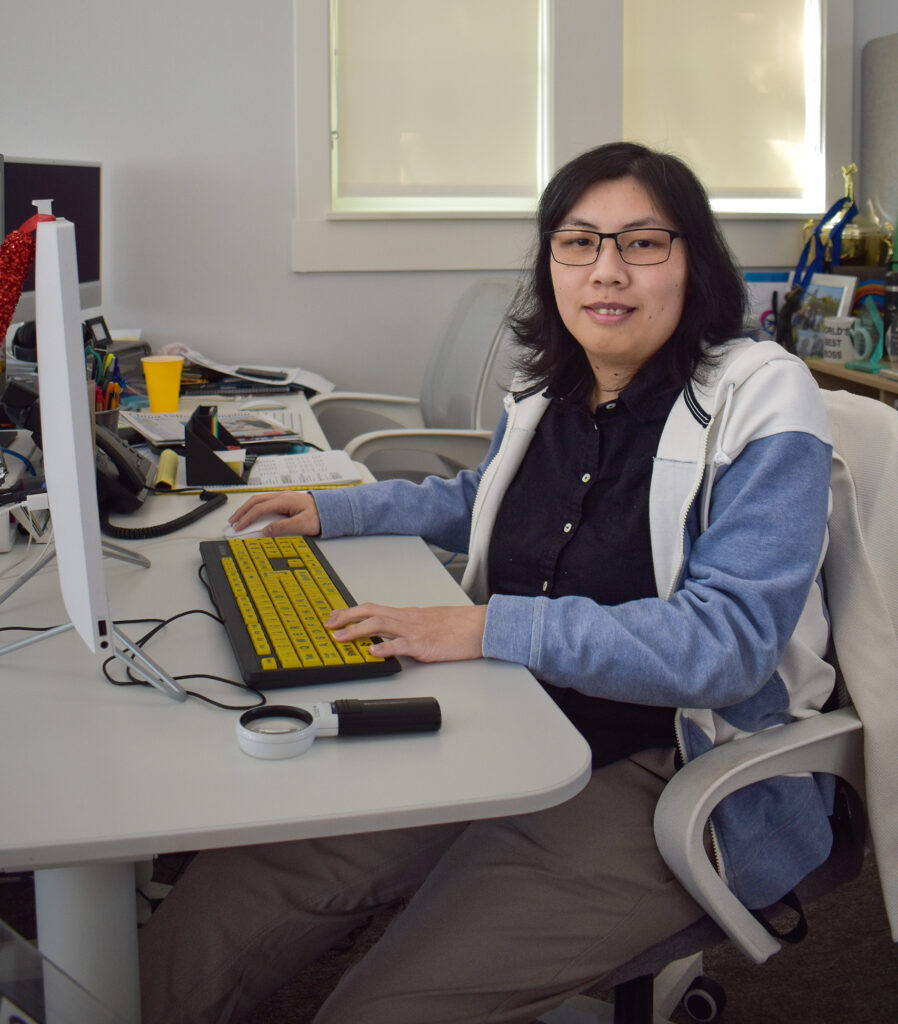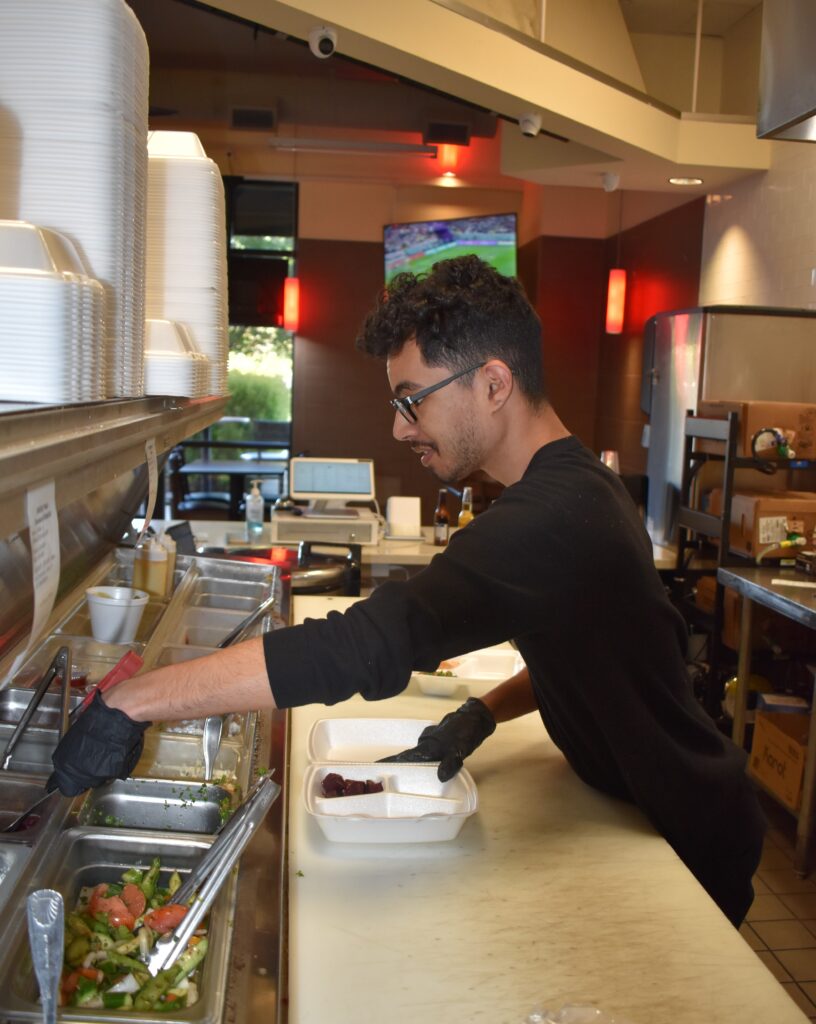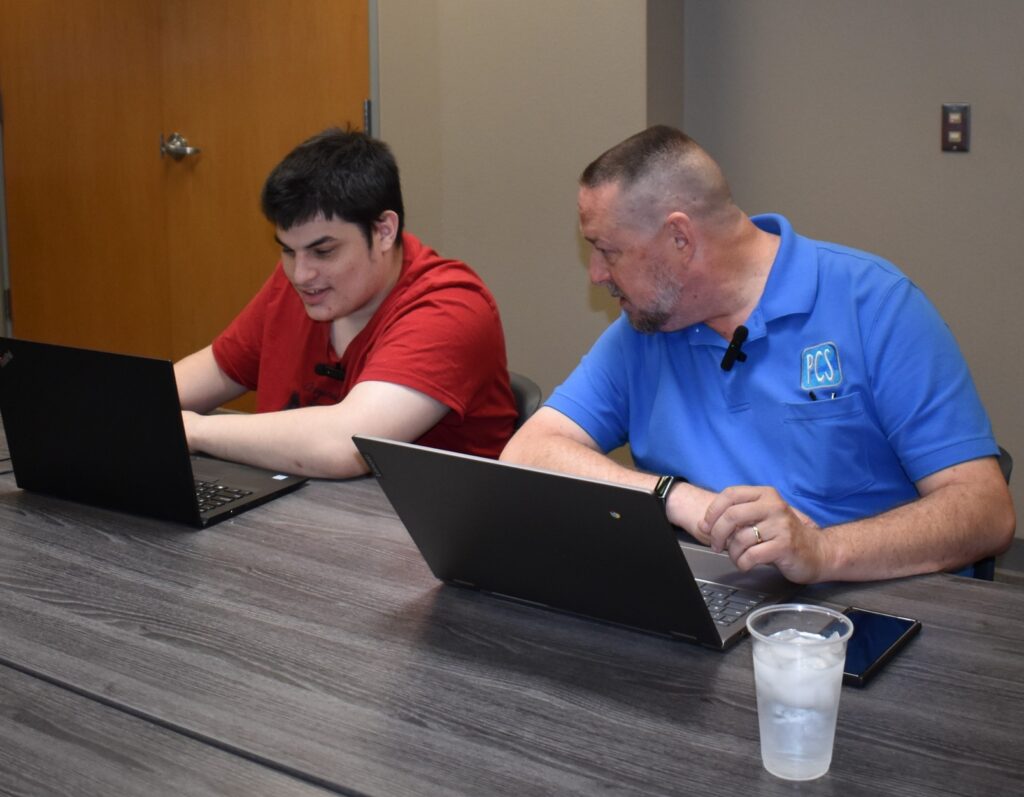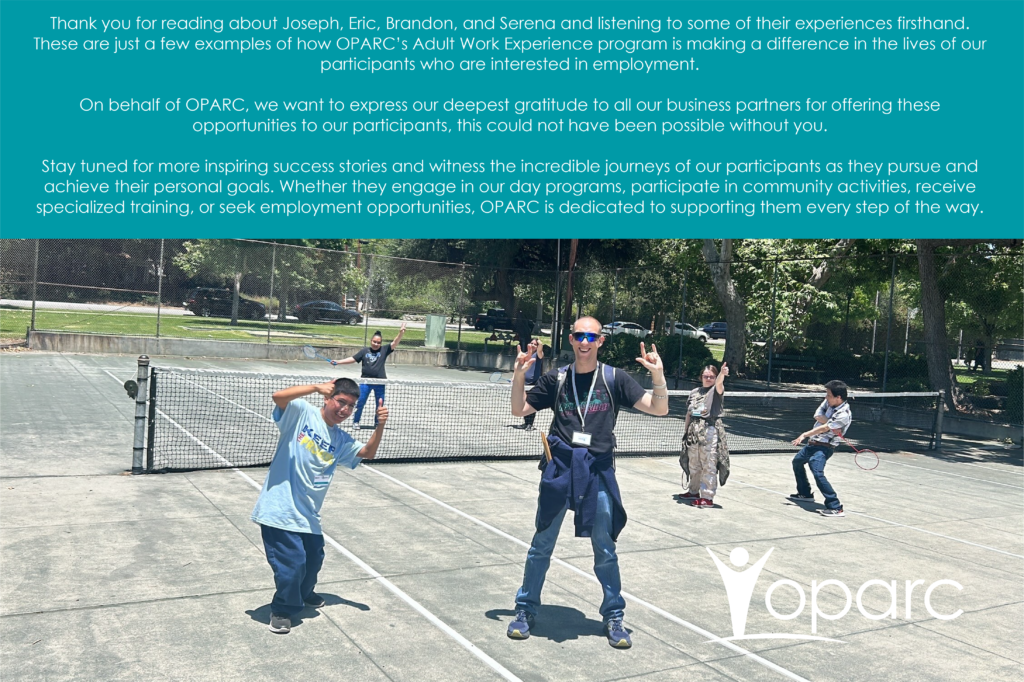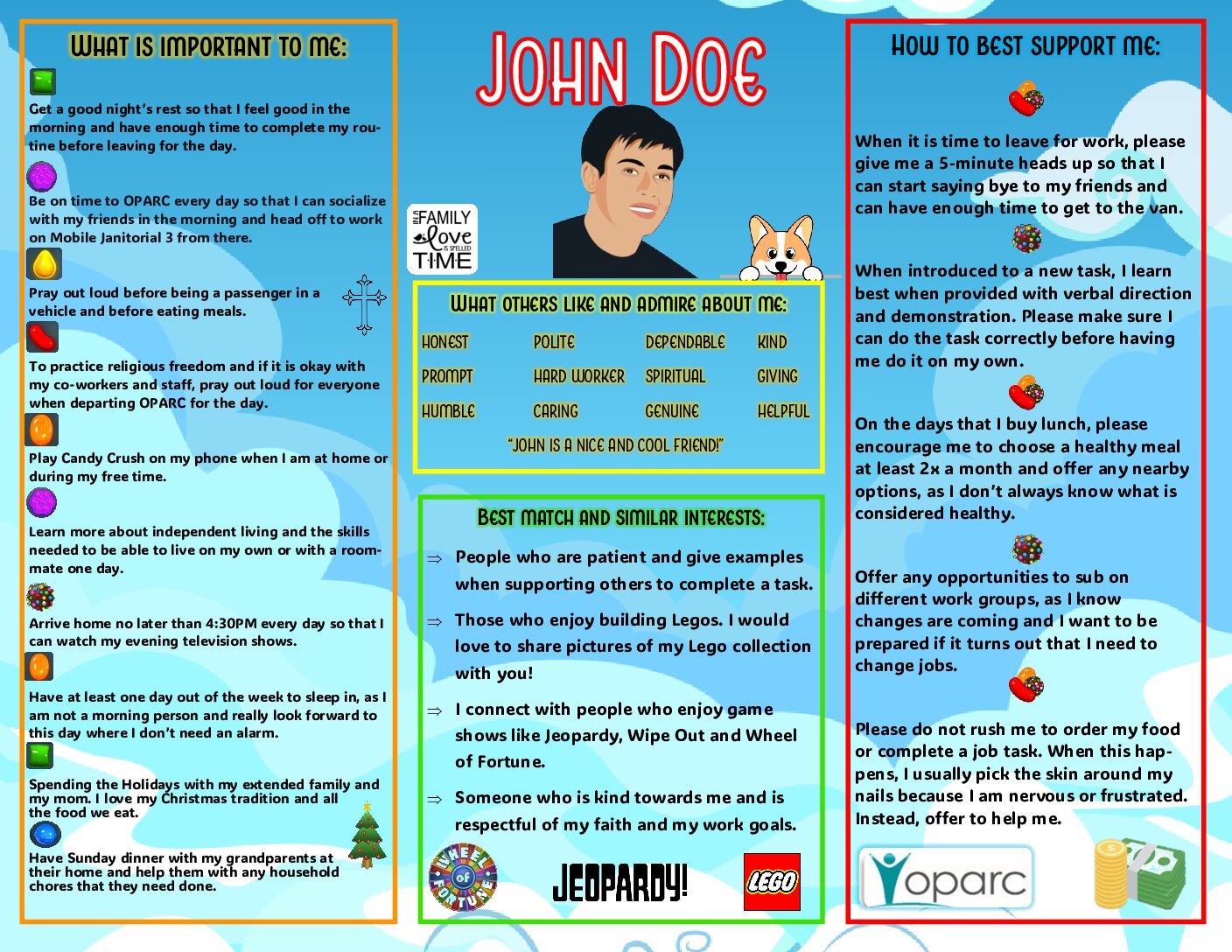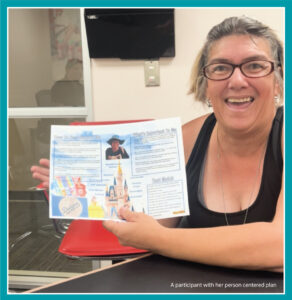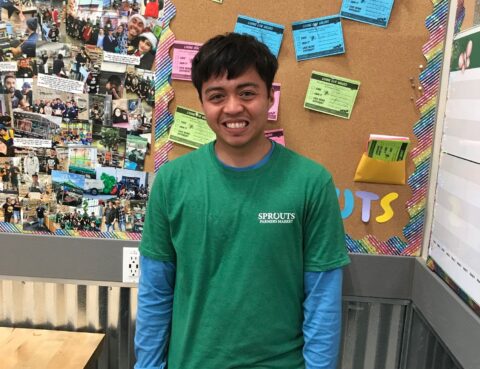In The News
OPARC in the news and other relevant published articles concerning legislation.
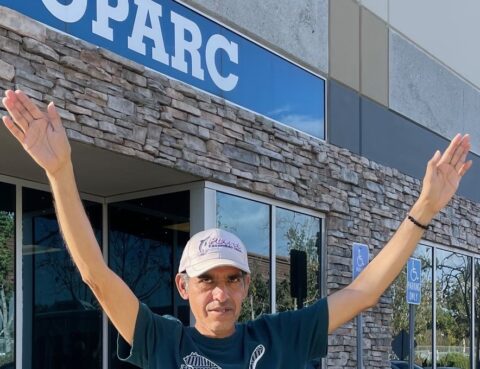
OPARC’s Adult Work Experience (AWE) program offers individuals with disabilities a unique opportunity to gain practical work experience in their chosen fields. Participants in the program are provided with up to 100 hours of hands-on experience, allowing them to develop essential skills and knowledge. If a different job description arises that they are interested in, participants may be granted an extra 100 hours to ensure comprehensive learning and adaptation.
This program is funded by the Department of Rehabilitation. It serves as an excellent resource for individuals who are uncertain about their career paths, providing them with invaluable exposure and practice in various work environments. By immersing themselves in real-world work scenarios, participants can better understand their interests, strengths, and potential career paths.
Since its recent inception, OPARC has successfully facilitated over 25 individuals through the AWE program, helping them acquire meaningful work experience. This initiative not only supports personal and professional growth for participants but also fosters a more inclusive workforce by showcasing the abilities and potential of individuals with disabilities. Thank you to our business partners who are making a difference!
JOSEPH’S JOURNEY INTO THE AUTOMOTIVE WORLD
Discount Auto Repair Center
Joseph has been an enthusiastic member of OPARC for a year, and his passion for cars dates back to when he was just 14 years old! Despite his initial doubts about ever having the chance to work on cars professionally and earn a living from it, the person-centered planning process at OPARC uncovered his deep-seated goals and excitement for everything automotive. His perseverance and dedication have paid off, as he recently secured an AWE (Adult Work Experience) placement with Discount Auto Repair Center.
At Discount Auto Repair Center, Joseph is thriving in an environment that perfectly aligns with his passion for automotive work. He has eagerly embraced the opportunity to gain experience from professionals who have taught him how to replace brakes, rotate tires, change spark plugs, and even work on suspensions for both trucks and cars. Joseph’s journey highlights the power of determination and the support provided by OPARC’s AWE program. We are immensely proud of his accomplishments and look forward to seeing where his automotive career will take him next. A big thank you to Discount Auto Repair Center for partnering with OPARC and providing this opportunity. Keep up the fantastic work, Joseph!
Click on the video to hear more about the experience from Joseph himself and his supervisor and Manager at Discount Auto Repair, Steve Arias.
HEAR FROM JOSEPH HIMSELF!
SERENA’S OFFICE ASSISTANT SUCCESS
Chino Valley Chamber of Commerce
The OPARC AWE Program has been instrumental in providing Serena with valuable skills and opportunities. Persevering through her visual impairment challenges, Serena’s interest in office work led her to a position as an office assistant at the Chino Chamber of Commerce. With the aid of a specialized keyboard provided by OPARC, Serena has been able to navigate her tasks effectively. Her responsibilities at the Chamber have been diverse, and she has learned how to manage their website, respond to inquiries, create name tags, and assist with event setups under the guidance of the Director of Workforce Development at the Chamber, Renee Mehta.
Serena’s cheerful outlook towards her work is evident, as she expresses enjoyment and gratitude for the opportunity to contribute. Serena’s story highlights the importance of inclusive workplaces and the impact of accommodations in enabling individuals with disabilities to thrive in their chosen fields. Through OPARC’s support and Serena’s dedication, she has found fulfillment and success in her role at the Chino Chamber of Commerce.
ERIC’S CULINARY DREAM
D’Vine Mediterranean Experience
At a very young age, Eric watched and helped his mom bake cookies and prepare delicious meals which developed his lifelong passion for cooking.
Eric joined OPARC in November 2023, referred by the Department of Rehabilitation for individual placement. Eric is taking culinary courses at Chaffey College which along with his fast-food experience helped him land an AWE placement at D’Vine Mediterranean Experience restaurant located in Chino Hills. He is thriving.
Under the supervision of Fady, part owner at D’Vine Mediterranean, Eric is learning to prepare orders, cook, and provide excellent customer service. His journey is a testament to his determination and the support of OPARC’s AWE program. We are incredibly proud of his achievements and excited to see where his culinary path leads. Keep up the fantastic work, Eric!
BRANDON’S INFORMATION TECHNOLOGY ASPIRATIONS
PCS – Petry Computer Services
BRANDON WITH MIKE PETRY, LEARNING TO DETECT FRAUDULENT ACTIVITY
“This experience has helped me grow as well”
~ Mike Petry, PCS
Meet Brandon and Mike!
Since he was very young, Brandon has shown interest in video games and computers. Not only how to use them, but curious as to how they function.
In February 2024, Brandon got the opportunity to enter the AWE program with Mike Petry, owner of Petry Computer Services. Brandon meets with Mike weekly and has learned so much about computers and IT. Mike has taught Brandon how to better optimize his computer, troubleshoot issues, and enhance cybersecurity measures. He has acquired skills in detecting fraud and phishing emails, and optimizing storage memory and space usage. He is highly enthusiastic about his new knowledge and is committed to learning as much as possible, envisioning a career in this field.
Programs like this, and business partners like Mike, help to nurture interest and highlight different abilities and confidence in areas of exploration. Through person-centered planning, many times these explorations turn into long-term careers.
THANK YOU
OPARC
(909) 985-3116
Administrative Office
9029 Vernon Avenue
Montclair, CA 91763
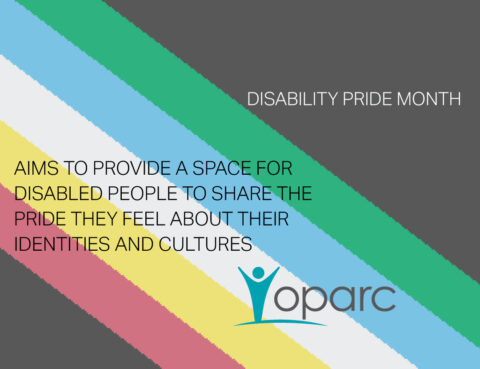
In the month of July, Americans with disabilities celebrate Disability Pride Month across the United States. Disability Pride Month (which is not limited to just a month) is an opportunity for people to embrace their disabilities and recognize the history, experiences, achievements, and hardships of the disability community. July is also the anniversary of the Americans with Disabilities Act (ADA), a landmark legislative act that transformed the lives of millions of Americans with disabilities.
The Flag
The design of the Disability Pride Flag has undergone changes to embrace a greater sense of inclusivity towards diverse disabilities. The updated flag now incorporates stripes that symbolize solidarity among different communities. These stripes are arranged in a straight diagonal pattern, serving as a representation of overcoming the barriers that disabled individuals encounter. Additionally, this arrangement aims to evoke the concept of light piercing through darkness, symbolizing hope and progress. The parallel stripes start from the top left, known as the Canton or place of honor, and extend to the bottom right corner, known as the Fly, representing the broader world. This diagonal placement serves as a contrast to the vertical walls and horizontal ceilings that often isolate disabled people, emphasizing the flag’s message of breaking down those barriers. The design was created to include all 6 international colors, demonstrating that disabilities are far reaching and affect people across the globe. The colors are also muted and arranged to accommodate those with certain disabilities.
Right to left, the colors represent:
- Green: Sensory Disabilities
- Blue: Emotional and Physical Disabilities
- White: Non-visible and Undiagnosed Disabilities
- Gold: Neurodiversity
- Red: Physical Disabilities
The Celebration
Disability Pride Month was first celebrated in 1990 – the year that the Americans with Disabilities Act was signed into law. Signed into law by George H. W. Bush , the ADA prevents discrimination against people with disabilities in all areas of public life including: jobs, schools, and all places, public and private, that are open to the general public. The purpose of the ADA is to ensure that people with disabilities have the same rights and opportunities as everyone else. Accessibility is a paramount topic and a core principle that OPARC operates on.
In 1950 a group of mothers in the Inland Empire with children that had disabilities teamed up to form OPARC. They believed that their children deserved the same opportunities as everyone else. Since then, OPARC has been supporting families and the community to help adults with intellectual/developmental disabilities reach their full potential.
Today, OPARC remains committed to the core principles of the ADA, ensuring inclusivity and equal opportunities for all. Building on the work of those mothers in 1950, we continue to work tirelessly in advocating for the rights of individuals with intellectual and developmental disabilities. Through our wide range of programs and services, we seek to empower these individuals, helping them integrate into the community, and providing them with the tools they need to achieve their fullest potential. By doing so, we honor the legacy of the ADA and the brave individuals who fought for its creation, and reaffirm our commitment to a world where disability does not limit opportunity.

Join OPARC in celebrating Disability Pride Month and the 33rd Anniversary of the ADA. Learn more about Disability Pride Month and the Americans with Disabilities act below
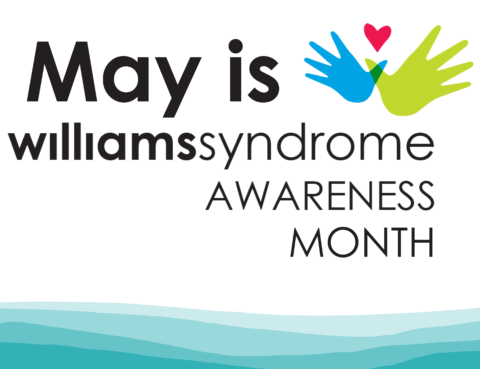
What is Williams Syndrome?
Williams Syndrome is a rare and genetic developmental disorder affecting about 1 in 10,000 individuals. Williams Syndrome is present at birth and can affect anyone and affects men and women equally. Some of the medical problems that can arise from Williams Syndrome include cardiovascular issues and developmental/learning delays. People with Williams Syndrome are often very social, friendly, and endearing. Although it affects individuals for life, early childhood diagnosis can greatly improve outcomes for people with Williams Syndrome.
There is no standard course of action for individuals with Williams Syndrome, every individual’s journey is different and unique. 80% of children who have Williams Syndrome suffer from cardiovascular issues. Other common issues that are occur in people with Williams Syndrome are gastrointestinal and kidney troubles. Treatment for these problems is ongoing and very costly. Despite these challenges, those with Williams Syndrome often demonstrate resilience, warmth, and friendliness that can inspire those around them. With the right support and medical care, they can lead meaningful lives.
Learn more about Williams Syndrome by visiting: http://williams-syndrome.org
Kristen’s Perspective: Living with Williams Syndrome
Kristen, OPARC’s Ambassador, was the first who reminded us that May is dedicated to raising awareness for Williams Syndrome. Kristen became part of the OPARC family in 2016 and has since been instrumental in various roles within the organization.
When questioned about her experience living with Williams Syndrome, Kristen distilled it to a single word: “Rollercoaster”. Among the physical challenges often faced by individuals with Williams Syndrome, Kristen grapples with cardiovascular issues. Kristen mentioned that there are times when she wishes she did not have to live with Williams Syndrome, but she is committed to not let the condition define her. Instead, she chooses to emphasize the various roles she fulfills in the lives of others: a co-worker, a cherished friend, a cousin, and an aunt. These roles bring meaning and purpose into her life.
Kristen is a lover of music, animals, and baking. She has a dream to establish her own bakery one day, intending to employ individuals with intellectual and developmental disabilities. She is determined to be mindful of her customers’ needs, planning to offer pastries that cater to a variety of lifestyle requirements, similar to the requirements some of her friends at OPARC have.
Kristen’s message about Williams Syndrome is a powerful one: she believes that individuals with the syndrome should be recognized and appreciated as complete individuals, not treated with bias or differentiated because of their condition.
